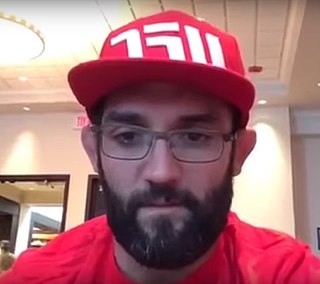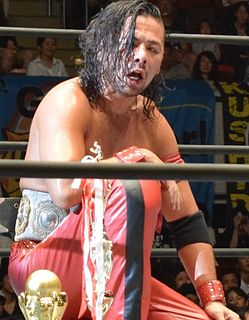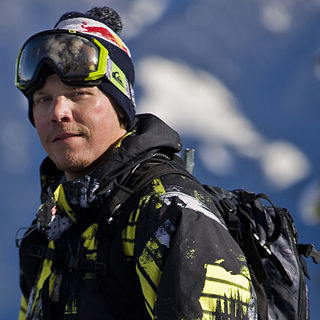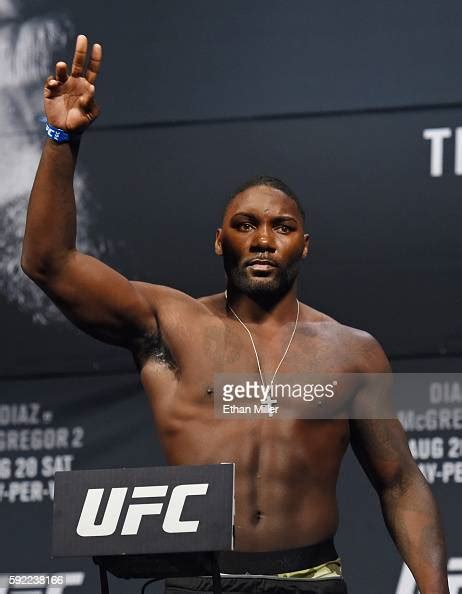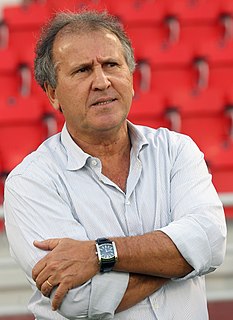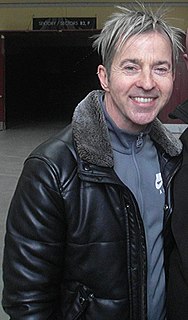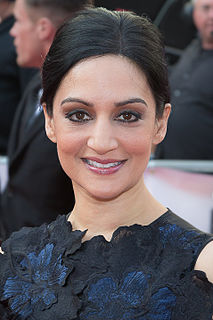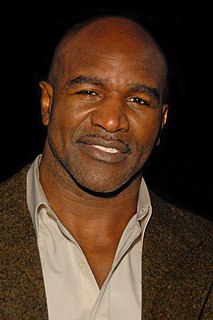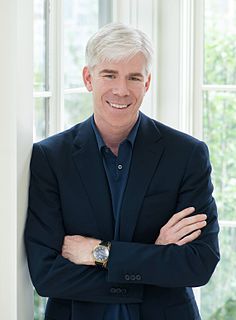A Quote by David Chang
When I was in Japan, everyone wanted to work for Pierre Gagnaire, and they wouldn't miss a beat.
Related Quotes
Japan used to beat China routinely in wars. You know that, right? Japan used to beat China, they routinely beat China. Why are we defending? You know the pact we have with Japan is interesting. Because if somebody attacks us, Japan does not have to help.If somebody attacks Japan, we have to help Japan.
I remember my very first encounter with Japan. At that time, I was Deputy Mayor of St Petersburg. Out of nowhere, Japan's Consul General in St Petersburg came to my office and said Japan's Ministry of Foreign Affairs wanted to invite me to Japan. I was very surprised because I had nothing to do with Japan except being a judoka. This was an opportunity to visit Tokyo and a couple of other cities. And, you know, a capital is a capital everywhere: there is the official script and certain protocol. It is always easier to talk in the provinces, the conversation is more natural.
Coming to New York is like a big hug, everyone is so welcoming. There's something about here, everyone makes you feel so at home. I miss my family of course, but I don't miss London that much. I was worried, but I feel really at home. Everyone says that who comes here from London, but I didn't believe them.


